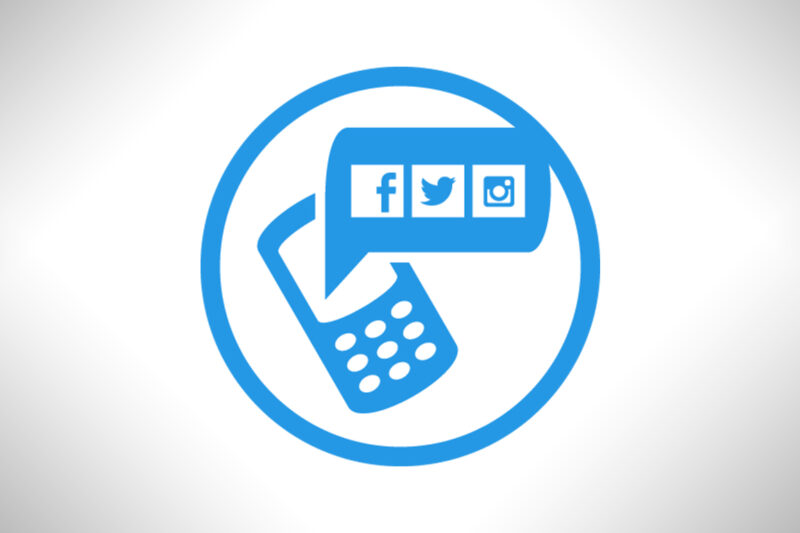
The Trump administration is proposing a misguided plan to force people from certain countries to hand over their social media account passwords in order to get a U.S. visa. This would invade the privacy rights of not only thousands of affected visa applicants and refugees, but also all of the Americans they’re in touch with through Facebook, Twitter, and other social media sites.
At a hearing before Congress earlier this month, Homeland Security Secretary John Kelly of applying this tactic to people from the seven majority-Muslim countries listed in Trump’s travel ban. Last week, the of human rights organizations, civil liberties groups, trade associations, and security and technology experts to oppose the passwords plan.
While the Obama administration did begin asking visitors in the visa waiver program for their social media account names — over the objection of the ACLU and other civil rights groups — it was voluntary, and it did not include account passwords. (The visa waiver program lets people from select countries, mainly in Europe, visit the U.S. without a visa.) Kelly’s proposal would go much further — and be mandatory.
Let’s consider what handing over social media passwords means. It means that a U.S. government official can root around in your account — logging in as if they are you, the user — and see every private message, photograph, or document you have saved within that account. That means the government could read not just years’ worth of sensitive information about the person applying for a visa, but also the private communications to and from their contacts as well — including an untold number of U.S. citizens.
So if this proposal goes into effect, anybody in the United States who communicates with someone in one of the countries affected will have to wonder if their private Facebook messages, Instagram comments, or LinkedIn posts will someday be seen by the U.S. government simply because their contacts applied to travel to the United States.
That fear can have a real chilling effect on freedom of expression and association. The ability to communicate privately, free from government monitoring, right to free expression. Such potential monitoring of private social media spaces would affect not only those people overseas who may one day want to come to the United States, but also all of their U.S. citizen friends, relatives, and professional contacts. Many people will choose to not speak at all rather than risk the government reading their messages or seeing their photographs in the future.
It’s not hard to see why this fear would disproportionately affect minority groups — including racial and religious minorities — and political dissidents. For example, members of the LGBT community in a repressive country who have Instagram accounts that they keep secret may fear being outed for revealing that account on a visa application. Indeed, even providing information about the existence of one’s social media accounts can eviscerate the right to speak anonymously online and may chill people from creating accounts using pseudonyms, by victims of domestic violence or whistleblowers who fear retaliation.
There are also many practical difficulties inherent in this proposal. Once a refugee or visa applicant hands over their passwords, for how long will the government have access to their accounts? The application process can take weeks or months. Will the government potentially be monitoring everything they post during that long period of time? Can their entire social network, including contacts in the United States, be sure that any messages they sent to the applicant were not in fact read by a government official first?
On top of all of the above concerns, there is the risk that foreign governments will impose reciprocal requirements on U.S. visitors. How can we tell repressive regimes to respect the privacy of American visitors if we engage in the same practice?
If sharing social media passwords becomes a routine condition of international travel, there is no doubt that people will suddenly feel a lot less able to speak freely online. That’s something we should work to prevent.


